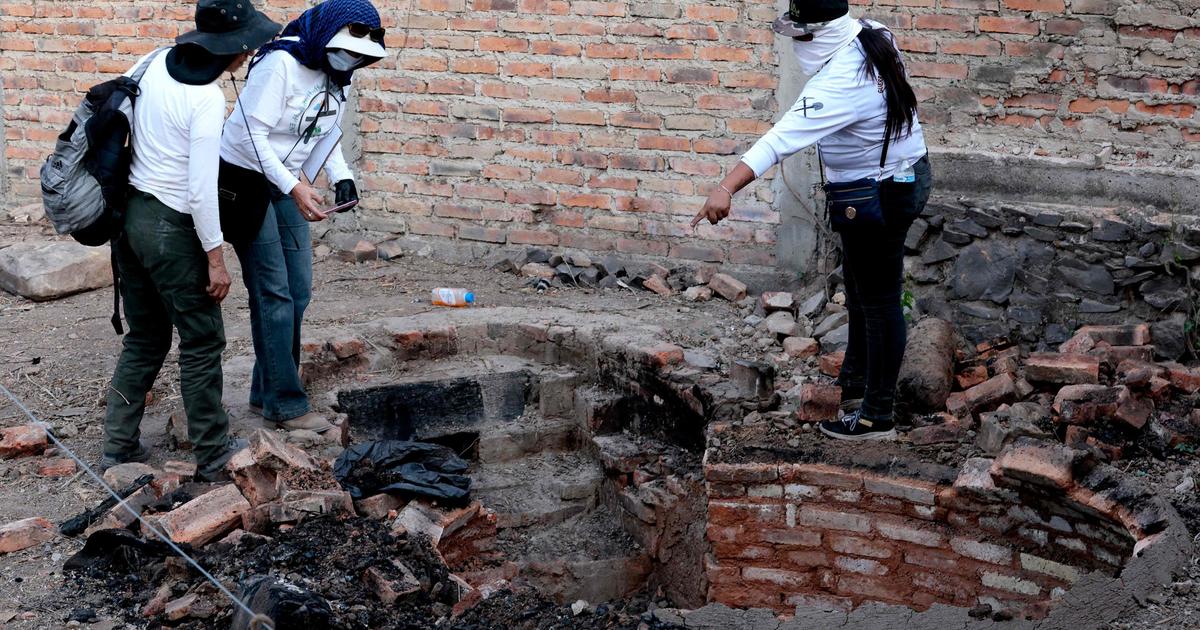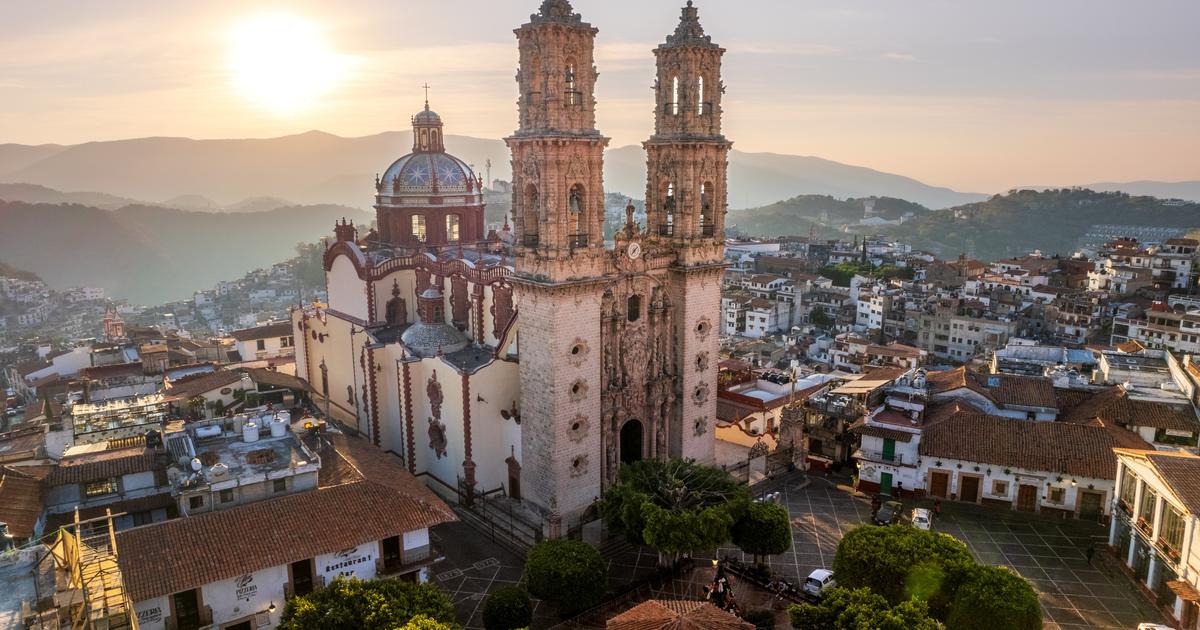First the biting smell, then the swarms of flies: Residents thought an animal had fallen and died in the dry well on a deserted area in Zapopan. They called the police. But at the bottom of the fountain in the suburb of the megacity of Guadalajara, she found no animal but more than a hundred garbage sacks with human remains. Some of them have been there for several years.
The Mexican press calls the find only the "horror fountain". While the medical examiners laboriously try to sort out the body parts and identify the victims, experts already suspect that it may be the largest mass grave ever found in Jalisco. In the Mexican state operates the "Cartel Jalisco Nueva Generación" (CJNG), one of the largest and most bloodthirsty crime syndicates in Mexico.
Between January and July, 20 mass graves with a total of 145 bodies were discovered in Jalisco alone. Other human remains from other sites are still waiting to be identified. Because the forensic experts do not come in the face of the numbers of victims with the recognition work.
"Two heads, two hulls"
The Jalisco Security Cabinet Coordinator said soberly on Tuesday about the "horror fountain": "It was possible to put together seven bodies, 13 are still incomplete, and there are two heads, two hulls and other body parts we can not assign." Mexico's cartels are notorious for dividing their victims and sometimes dissolving in acid.
The macabre find of Zapopan draws attention to one of the most painful problems of Latin America's second largest country: people who seem to be simply swallowed up by the earth and never reappear. Often it is civilians who mostly fell into the crossfire of cartels during the drug war because they were in the wrong place at the wrong time. Or they are henchmen and pistoleros of rival gangs or victims of state violence. In the war against the cartels, the security forces have killed suspects and buried their bodies.
40,000 people are missing in Mexico according to official figures as missing. That's more than in the South American military dictatorships of the 1970's. Human rights organizations estimate the number even higher. "All of Mexico has turned into a huge mass grave," said Human Rights Deputy Minister Alejandro Encinas a few months ago.
Henry Romero / REUTERS
President Obrador (l.), Deputy Interior Minister Encinas: "Enormous mass grave"
Unfortunately, President Andrés Manuel López Obrador, who took office ten months ago, has not been able to change much. Although he has had a state register of missing persons build up, unlike his predecessors, he shows compassion for his relatives. In addition, he wants to stem the violence in the country with a new force, the National Guard.
But the National Guard is not yet fully established, and is also deployed mainly at the southern and northern borders to prevent Central American migrants from entering or leaving Mexico under pressure from the US government. "A changing politics does not make the new government," said the writer Antonio Ortuño the SPIEGEL. "The scholarships for vulnerable and unemployed young people are a good idea, but not enough given the scale of the problem." Ortuño, himself a native of Zapopan, repeatedly addresses the violence in Mexico in his books, which are also published in Germany.
"In Germany, readers ask me if I'm inspired by Quentin Tarantino and his violent films," the author wonders. "People can not imagine that the exorbitant violence is real." In his homeland, however, reality keeps putting fiction in the shade.
Especially bad Ortuño finds that news like the horror fountain of Jalisco hardly anyone interested in Mexico. "The hyper force is just as accepted, as well as shootings at parties where entire families are wiped out or like the disappearance of the 43 students of Ayotzinapa, which is now the fifth anniversary."
Ulises Ruiz / AFP
Soldiers in the state of Jalisco: spiral of violence
The violence will not abate as long as there is so much money and so much drugs circulating that attract true "armies of hopeless youth," Ortuño said. "Only when there are reasonably paid jobs in the legal sector can this madness stop."
Until then, however, the number of murders and number of disappearances will continue to increase. In the first six months of the year, nearly 15,000 people were murdered in Mexico, thousands disappeared. With the sluggishness and reluctance of the Mexican judiciary to search for missing persons, more self-help groups are emerging. They are called "Milynali Red-CFC" in the state of Tamaulipas or FUNDEJ (United Families for our Disappeared) in Jalisco. They are usually founded by mothers who miss their children.
These collectives, in collaboration with international forensics teams, provide assistance to the authorities in identifying the victims. Sometimes they go looking for graves themselves with spades and pickaxes. Guadalupe Ramos, one of the founders of FUNDEJ, said in the context of Zapopan's case, "There are so many graves in Jalisco, and our whole life is not enough to find them all."


/cloudfront-eu-central-1.images.arcpublishing.com/prisa/Z6YMDVPE2NHHTGDHDZ4XH5MOFM.jpg)












